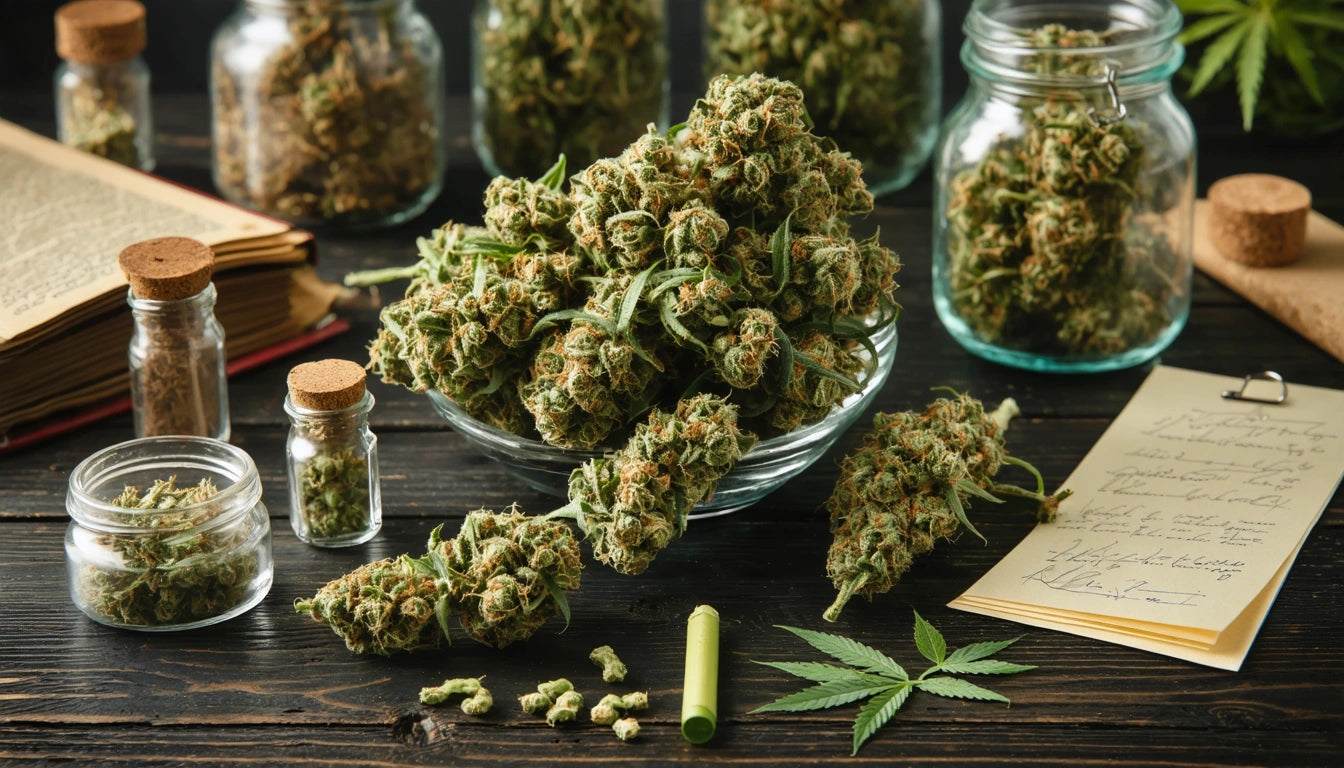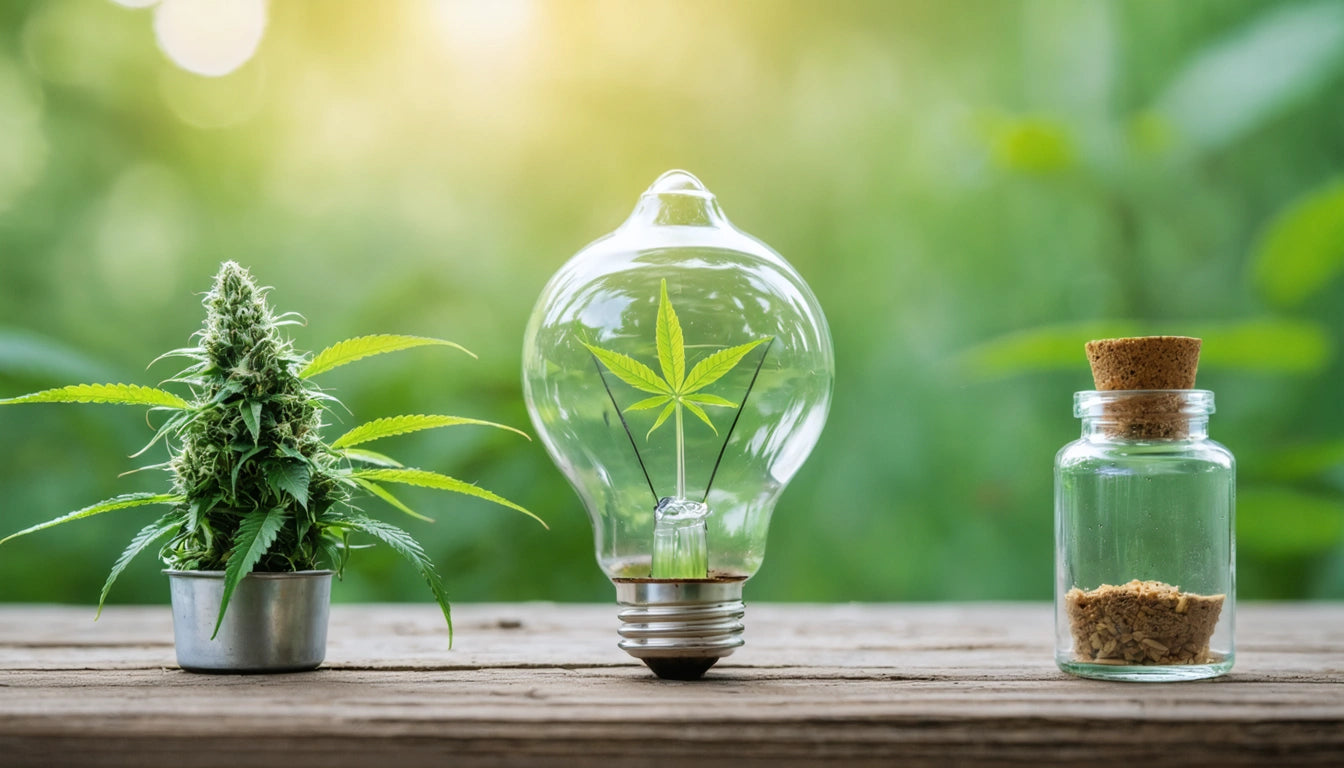Table of Contents
Where Is Weed Legal in the United States?
The cannabis legalization landscape in the United States continues to evolve rapidly, with a growing number of states embracing either recreational or medical marijuana programs. Understanding what states is weed legal in has become increasingly important for consumers, businesses, and policymakers alike. This comprehensive guide breaks down the current status of cannabis legalization across America.
States Where Recreational Weed Is Legal
As of 2023, recreational cannabis has been legalized in 23 states plus Washington D.C. and Guam. In these jurisdictions, adults 21 and over can legally purchase and possess cannabis for personal use, though specific regulations vary by state.
- Alaska
- Arizona
- California
- Colorado
- Connecticut
- Illinois
- Maine
- Maryland
- Massachusetts
- Michigan
- Minnesota
- Missouri
- Montana
- Nevada
- New Jersey
- New Mexico
- New York
- Ohio
- Oregon
- Rhode Island
- Vermont
- Virginia
- Washington
- Washington D.C.
These states have implemented various regulatory frameworks for recreational cannabis, including different possession limits, home cultivation rules, and retail systems. For a detailed breakdown of each state's specific regulations, you can refer to our guide on recreational marijuana states.
States Where Only Medical Marijuana Is Legal
Beyond the states where recreational weed is legal, many others have established medical marijuana programs while maintaining prohibition on recreational use. These states allow patients with qualifying conditions to access cannabis products with proper documentation.
Currently, the following states have legalized medical cannabis only:
- Alabama
- Arkansas
- Delaware
- Florida
- Hawaii
- Louisiana
- Mississippi
- New Hampshire
- North Dakota
- Oklahoma
- Pennsylvania
- South Dakota
- Utah
- West Virginia
The qualifying conditions and program structures vary significantly across these states. Some have robust programs with dispensary systems, while others have more restrictive approaches or limited product options. Our comprehensive guide offers more details on the specific requirements in each medical-only state.
Limited Medical Programs
Several states have extremely restricted medical cannabis programs that allow only low-THC or CBD products for specific conditions:
- Georgia
- Iowa
- Kentucky
- Texas
- Wisconsin
- Wyoming
These programs typically don't allow for smokable flower and have strict limitations on THC content.
States Where Weed Remains Fully Illegal
Despite the nationwide trend toward legalization, several states continue to prohibit cannabis for both recreational and comprehensive medical use. In these states, possession remains criminalized with potential legal consequences.
States where weed is still fully illegal or extremely restricted include:
- Idaho
- Kansas
- Nebraska
- North Carolina
- South Carolina
- Tennessee
These states maintain some of the strictest cannabis prohibition laws in the country. For more information about which states still have marijuana illegal, you can check our detailed analysis of prohibition states.
Crossing State Lines with Cannabis: Federal Implications
A common question is "can you cross state lines with weed" even between two legal states. The answer is definitively no. Cannabis remains federally illegal as a Schedule I controlled substance, making interstate transportation a federal offense regardless of state laws.
Even when traveling between two states where recreational weed is legal, crossing state lines with cannabis products can result in federal charges. This is because:
- State borders fall under federal jurisdiction
- Transportation across state lines constitutes interstate commerce
- Federal law supersedes state law in these circumstances
This creates significant complications for consumers and businesses operating in legal states, as products legally purchased in one state cannot be transported to another, even if both have legalized cannabis.
Compliance Requirements for Legal Cannabis States
In states where weed is legal for either recreational or medical use, strict compliance requirements exist for businesses and consumers. These typically include:
For Businesses
- Licensing requirements for cultivation, processing, and retail
- Strict inventory tracking systems
- Mandatory product testing for potency and contaminants
- Child-resistant packaging requirements
- Advertising restrictions
- Security protocols
For Consumers
- Age verification (21+ for recreational, 18+ with card for medical)
- Possession limits (typically 1-2 ounces for recreational use)
- Restrictions on public consumption
- Driving under the influence prohibitions
- Home cultivation limitations where applicable
These regulations ensure consumer safety and prevent diversion to illegal markets or underage users. For instance, all cannabis products must use specialized packaging that meets strict safety standards, including child-resistant features to prevent accidental ingestion.
Legalization Outlook: Which States Might Legalize Next
The momentum for cannabis legalization continues to build across the United States. Several states are positioned as likely candidates for upcoming recreational or medical legalization initiatives:
Potential Recreational Legalization
- Pennsylvania
- Delaware
- Hawaii
- North Dakota
- Oklahoma
Potential Medical Expansion
- North Carolina
- Nebraska
- Kentucky (expanded program)
The path to legalization varies by state, with some pursuing legislative action while others rely on ballot initiatives. For the most current information on upcoming legalization efforts, our state legalization forecast provides regular updates.
As more states consider what states allow weed, both businesses and consumers should stay informed about changing regulations. The cannabis industry continues to evolve rapidly, with new markets opening and existing ones maturing. Understanding the legal landscape is essential for anyone involved with or interested in this growing sector.











Leave a comment
All comments are moderated before being published.
This site is protected by hCaptcha and the hCaptcha Privacy Policy and Terms of Service apply.